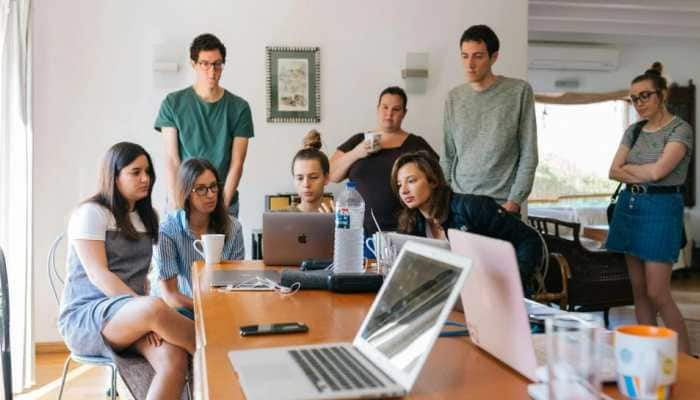Lawyers assures HC of helping rickshawpuller`s son`s treatment
The lawyers` association today assured the Delhi High Court that it will ask its members and advocates to contribute towards treatment of the seven-year-old son of a rickshawpuller suffering from Gaucher disease, a genetic disorder.
Trending Photos







)
)
)
)
)
)
)
)
)
)
